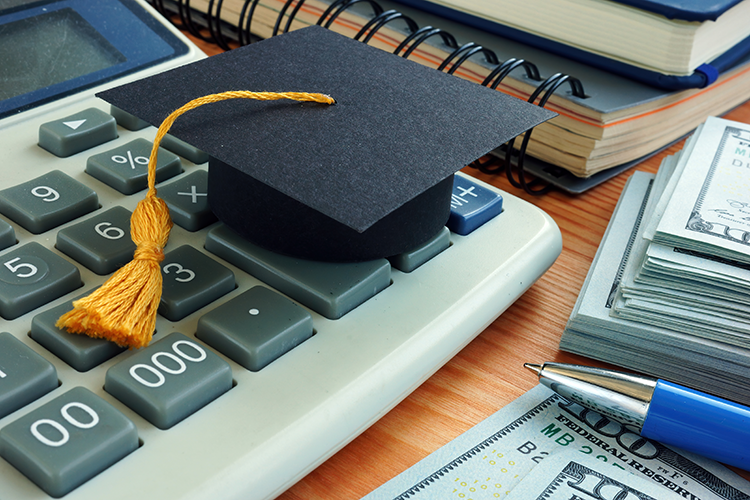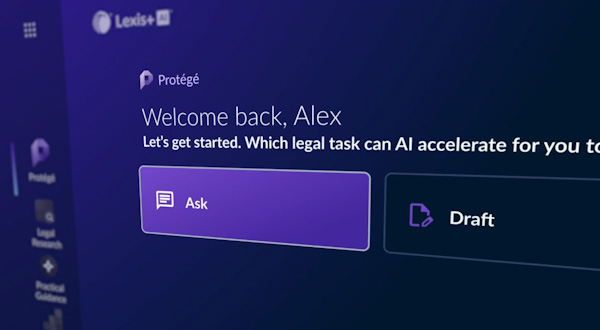Bipartisan bill would make it easier to discharge federal student loans in bankruptcy after waiting period

Image from Shutterstock.
A bipartisan bill unveiled Tuesday would make it easier to discharge federal student loans in bankruptcy after a 10-year waiting period.
The bill is called the Fresh Start Through Bankruptcy Act of 2021. Sponsors are U.S. Senate Majority Whip Dick Durbin, an Illinois Democrat, and Republican Sen. John Cornyn of Texas, according to a press release and summary by Durbin.
Law360 and Forbes have coverage.
The new bill would allow federal loans to be discharged without an undue-hardship showing after borrowers have been in repayment for at least 10 years, according to Forbes. Undue hardship is difficult to prove, and borrowers rarely succeed.
Another provision of the bill said colleges with high default rates and low repayment rates would have to partly reimburse the government if a federal student loan is discharged in bankruptcy. The provision applies to colleges at which more than one-third of their students receive federal student loans.
The current undue-hardship requirement typically requires a borrower to show an inability to maintain a minimum standard of living, that the borrower’s circumstances are unlikely to change, and that the borrower has made a good-faith effort to repay the loan.
According to Forbes, student loan borrowers seeking to prove undue hardship have to initiate an adversary proceeding against their lenders, which can be “a long, expensive and very invasive process.” Because lenders often have more resources than borrowers, they often succeed in opposing discharge.
Forbes quoted Durbin, who said bipartisan sponsorship for the bill is “a big moment.”
“I’ve been introducing student loan bankruptcy [bills] for a long time,” Durbin said. “This is the first time it’s been bipartisan. With this bill, we see a growing bipartisan consensus that the status quo isn’t working, and that we need student loan bankruptcy reform.”
The National Association of Consumer Bankruptcy Attorneys applauds the Fresh Start Through Bankruptcy Act of 2021.
The United Negro College Fund, however, opposes provisions requiring some schools to partly repay defaulted federal loans. The repayment provision disproportionately affects historically Black colleges and universities because they have a high proportion of students who must borrow to attend college, the United Negro College Fund said.
“Risk sharing in effect penalizes HBCUs for ensuring the hardest-to-serve students have access to postsecondary education, while largely protecting the elite institutions,” according to the United Negro College Fund.
Write a letter to the editor, share a story tip or update, or report an error.


